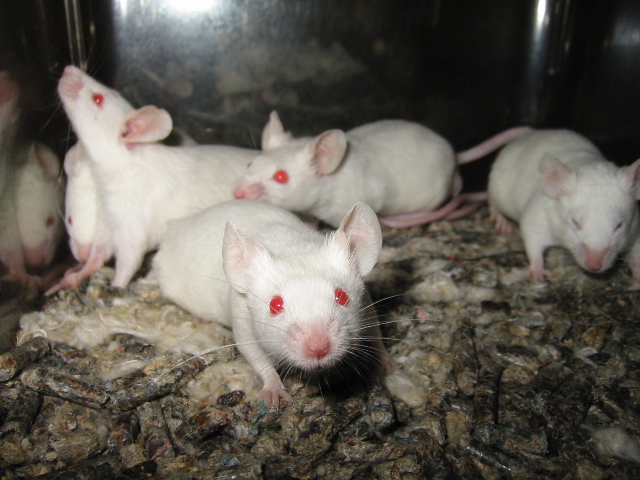Mice are one of the most common pests that can be found where we live, whether in an urban or rural community and quite a few of us have a fear of these creatures.
Some people start sweating and feeling uncomfortable even when someone mentions rodents. The suspicion that there are rats or mice in your home can lead to anxiety and we can’t say that this fear is completely irrational. As we all know, rodents can pass many diseases to humans and on top of that they can cause much damage in the house.
Mice have very strong teeth and they gnaw on literally everything that gets on their way. In addition, some of them carry fleas and microorganisms that can result in serious health issues in humans and pets.
Locating mice
Before taking any action, you should hire a team of professionals that will check the site and see whether there are mice and how many of them are there. By doing this, you will know what kind of action you need to take. There are certain signs that help professionals estimate the level of infestation. Some of these signs include: the number of holes, droppings, damage, runs, nests and smear marks.
Mice – key features
An average adult mouse found in the home is very small – between one and two inches long (without the tail). They can be easily recognized by their pointy nose, tiny eyes and big ears. They usually come in brown and light grey colour and have dense fur. House mice enter our homes in search for food and to give birth to baby mice.
Biology
The house mouse reaches sexual maturity when it turns eight weeks. A female mouse can give birth to eight litters that consist of up to 16 young every year. So, in theory, one mouse can produce 128 young mice a year!
Finally, mice are erratic feeders and they tend to shed many rat droppings in one day (up to 70).
What Types Of Diseases Do Mice Carry?
Rodents are pretty prolific. Across the globe, there are around 2,200 species and they can be found on every continent (Antarctica is the only exception). They can live in many different habitats and they can reproduce quickly and in high numbers. Some of them, especially mice and rats, have adjusted their way of life to the human environment. In the last few decades, they have become one of the most common pest animals in urban areas. Of course, mice carry many different microorganisms that cause diseases in humans. In this article, we will highlight some of the diseases that people can develop when they are in contact with mice. Bear in mind that these diseases are very rare but it’s best to be warned about them.
Salmonellosis
Many mice carry Salmonella bacteria and this bacteria causes problems in pets and humans. The bacteria is transmitted via water or food contaminated with mice droppings. Abdominal pain, vomiting, fever, and diarrhea are some of the most common symptoms of Salmonella which occur after 12 to 72 hours. In rare cases, Salmonella bacteria can lead to an extreme infection known as typhoid fever.
Weil’s disease
Weil’s disease is a specific form of Leptospirosis. This disease leads to failure of many different organs, internal bleeding and in some cases – death. The symptoms of this disease carried by mice include coughing up blood, jaundice, seizures, vomiting, chest pain and swollen hands, feet and/or ankles.
Leptospirosis
Leptospirosis is a serious infection that is triggered by Leptospira bacteria. It comes from the urine of infected mice even though dogs, pigs, and cattle can get infected too. This disease is typical for subtropical and tropical regions. Diarrhea, red eyes, vomiting, headaches, muscle pain, and chills are common symptoms of Leptospirosis.
Rat-bite fever
As the name suggests, this disease is caused by rat/mice bite. It is triggered by two different kinds of bacteria – Spirillum minus and Streptobacillus moniliformin. Infected mice have it in their urine, faeces and eye, mouth and nose secretions. The fever caused by Streptobacillus leads to rash, joint pain, headache, vomiting, and fever. The one caused by Spirillum causes ulcers, repeated fever, and swelling.
Large infestations of mice can be dangerous so we urge you to get in touch if you’re experiencing problems.
Pest Busters (Birmingham)
Highfield Farm, Middle Lane, Kings Norton, Birmingham B38 0DX
0121 695 9076
www.pest-busters.co.uk









